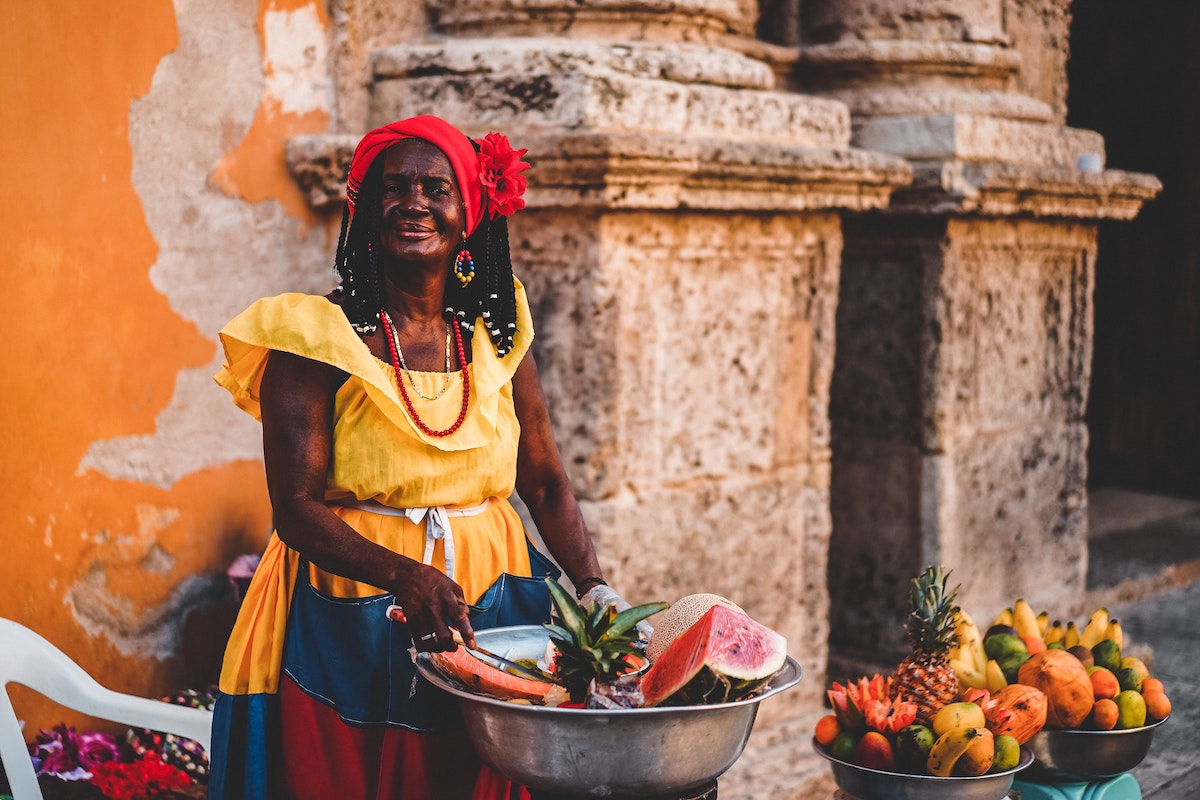
Survival Spanish: Basic Language Tools for Traveling Latin America
By: Jody Hanson
Skip to Section
Hola (hello) and bienvenida (welcome) to survival Spanish! Yes, yes there are all sorts of translation programs that can be used on smartphones or tablets. However, poking at an electronic device to find simple words leaves the impression of being too lazy to learn the basics. And flashing around a phone or tablet in a public place is a great way to get it stolen.
Why Learn the Lingo?
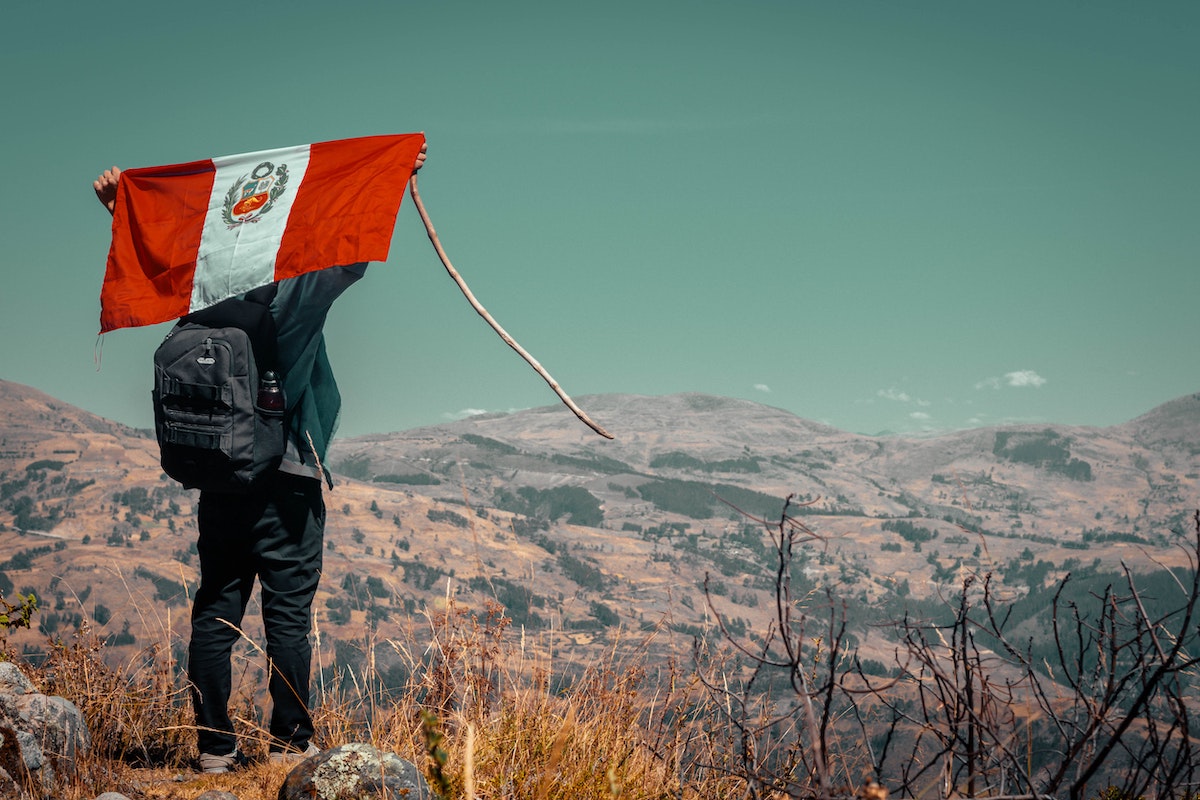
Photo by Carlos Ruiz Huaman on Unsplash
Spanish is one of the most widely spoken languages in the world. With 392 million native speakers in 22 countries—including 29.3 million in America which adds up to 10 percent of the population—so it is important to be able to get by in Spanish, particularly if you are traveling in Central or South America.
Read on as the essential words are juxtaposed in both languages in this survival Spanish lesson.
Survival Spanish: First Palabras (Words) First
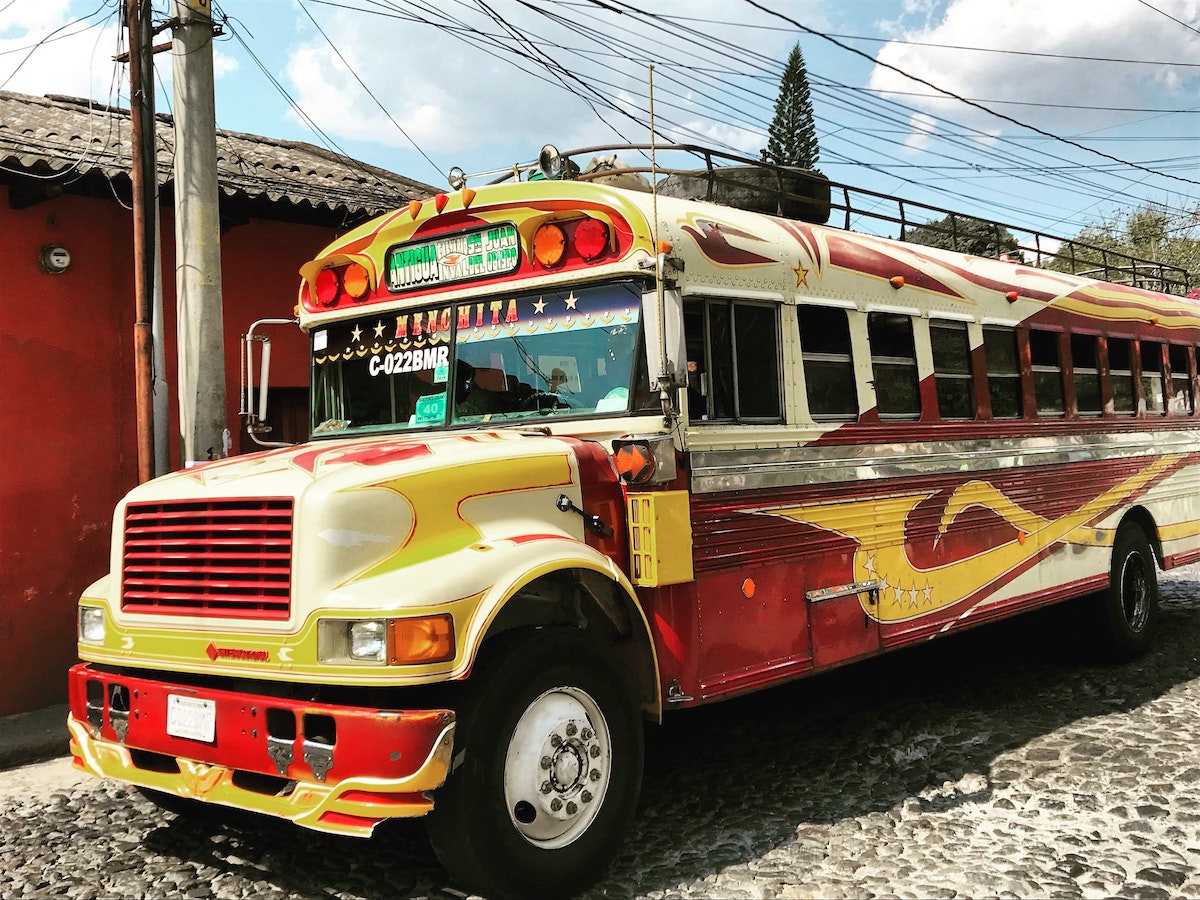
Photo by Shreena Bindra on Unsplash
Spanish speakers are generally more polite than their English counterparts, so get the por favor (please) and gracias (thank you) memorized and sprinkle them liberally into conversations to appear polite. In the Spanish-speaking world, nothing is worse than a rude gringo. Spanish speakers will often answer with con mucho gusto (with pleasure).
(As an aside, the terms gringas and gringos originally meant Americans and was pejorative. However, it has been expanded to include anyone who doesn’t speak Spanish, such as Japanese and Nigerians.)
There are many words for “goodbye” in Spanish, but hasta luego (bye now) is an easy one. Similarly, there is buenos dias (good day), buenas tardes (good afternoon) and buenas noches (good evening), but you can suffice with the already introduced hola (hello).
Survival Spanish: Learn to Listen / Aprender a Escuchar
Thanks to William the Conquerer and the Battle of Hastings in 1066, Spanish shares a lot of words with English, because of the Latin-based link to French.
Words that are identical in both languages include those that end in al. Examples include animal, legal, and natural. Another ending to watch for is ble: notable, flexible, possible.
But you have to learn to hear the difference in pronunciation. For example (por ejemplo), Spanish pronounces all the letters in a word. So “apartment” in English has three syllables, but in Spanish apartamento has four: a-par-ta-men-to.
Also listen to English words that end in ic being changed to ico in Spanish: plastico, elastico, organico. Similarly ent changes to ente and ant to ante: importante, urgente, excellente.
Survival Spanish: Shopping / Compras
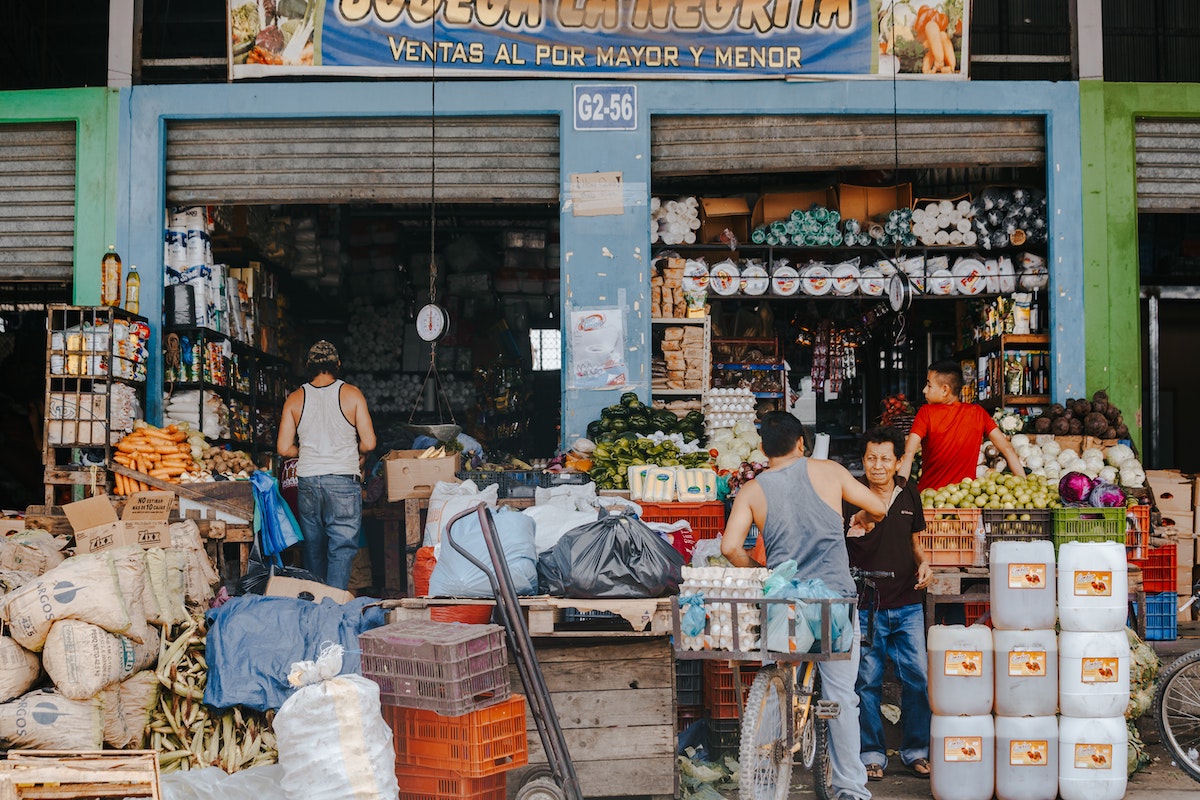
Photo by Carli Jeen on Unsplash
Venturing into a local market is always an adventure. Be prepared to bargain as people who pay the asking price are often viewed as total tourists—read idiotos, another similar word.
First of all, get a cheap calculator or use your phone if you are in a store, as the bigger numbers are difficult to grasp. That said, it is necessary to be able to at least count to ten. Ready?
cero – zero
uno – one
dos – two
tres – three
cuatro – four
cinco – five
seis – six
siete – seven
ocho – eight
nueve – nine
diez – ten
Survival Spanish: Eating and Drinking / Comiendo y Bebiendo
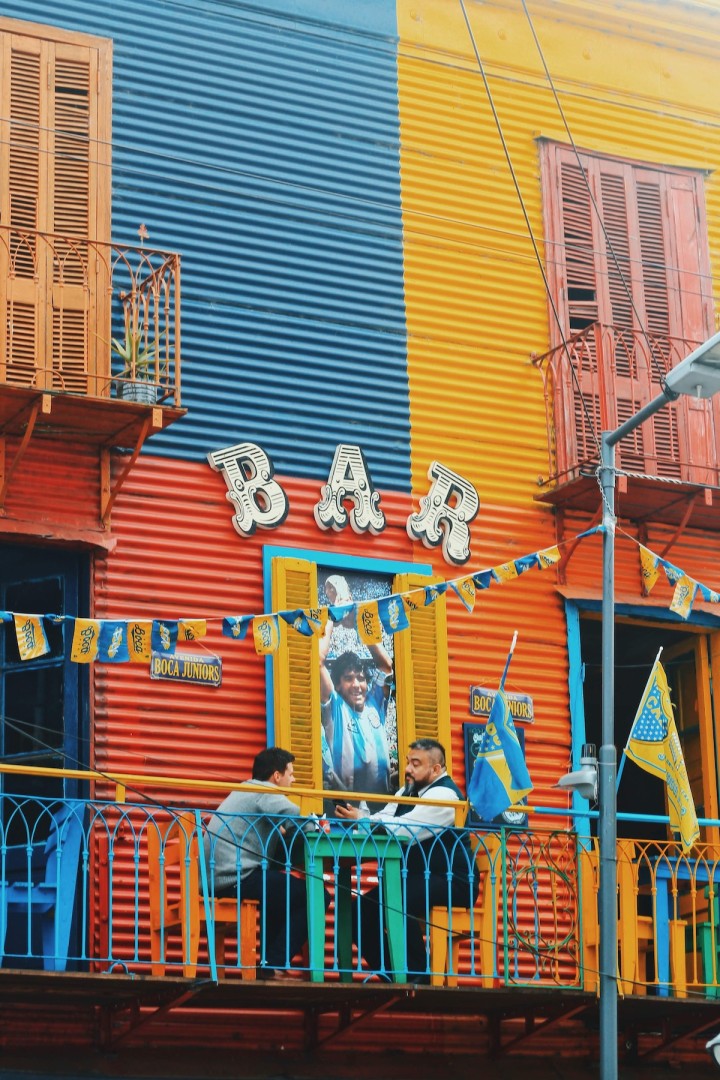
Photo by Nathana Rebouças on Unsplash
Fortunately, restaurants often have photos to go with their menu (menu or carte). If totally stuck, wander around the restaurant and see what looks good, point at it and say lo mismo (the same).
Staples include arroz (rice), patatas (potatoes) and frijoles (beans). Carne is a general term for meat that includes pork (cerdo), beef (carne de res) or chicken (pollo).
Restaurants generally skimp on the verduras (vegetables). And ensalada (salad) is generally a bit of lettuce and perhaps a few slices of tomato tossed in for good measure. Bread is pan; salt is sal; pepper is pimiento, and sugar is azucar.
When it comes to drinking, there is jugo (juice), gaseosos (fizzy drinks), cerveza (beer) and ron (rum). To keep you hydrated, agua (water) is also a must-know palabra (word).
Except for Mexico and Peru, the food in Central and South America is bland. Spice-addicts better pack a sufficient supply and keep it on hand at all times.
Survival Spanish: The Five Ws / Del Cinco Ws

Photo by Jose Prieto on Unsplash
As in English, who (quien, quienes), what (que), when (cuando), where (donde), and why (por que) are essentials.
It is also good to know that in Spanish you can change a statement to a question simply by raising your voice at the end of a sentence. So Esta ahi (It is there) becomes Esta ahi (Is it there?) with a shift in tone.
Survival Spanish: A Few Phrases That Are Good to Know

Photo by Emir Saldierna on Unsplash
Lo siento, pero mi español es muy malo (I’m sorry but my Spanish is very bad) lets people know you are struggling.
Por favor, corrija mi español—please correct my Spanish—indicates an effort to learn and that goes a long way.
Que paso? What happened?
Como siempre – As always.
Que quiere? What do you want?
Vale. Okay
Me hace bolas – It confuses me.
Mi vida, mis reglas – My life, my rules.
It is also important to learn to swear properly.
Recommended Sites
Equipped with the bare basics, it is time to take the next step. Good places to begin include:
Thanks for reading our survival Spanish lesson, and Feliz que estudia (happy studying)!
About the Author
Jody Hanson is an insufferable travel junkie who has visited 107 countries—67 on her own—lived in nine and holds passports in three. She has visited all the countries in North, Central and South America except for Venezuela, Guyana, Surname and French Guinea. She wrote this article on behalf of Tucan Travel who offer all types of adventure excursions all over Latin America.
Information published on this website and across our networks can change over time. Stories and recommendations reflect the subjective opinions of our writers. You should consult multiple sources to ensure you have the most current, safe, and correct details for your own research and plans.
Frayed Passport is a participant in the Amazon Associates Program, an affiliate advertising program designed to provide a means for sites to earn advertising fees by advertising and linking to Amazon.com. We also may share links to other affiliates and sponsors in articles across our website.

